Did you ever think that fog might be the key to changing the world?
It’s not a rhetorical question. At least not if you’re talking about a specific form of fog: fogponics technology, which increases water efficiency when growing plants. The technology comes from NASA, originally part of a project to grow food on the International Space Station. And at Plantaform, an Agritech startup employing fogponic technology for the at-home gardener, fog is a game-changer.
Plantaform, a cleantech startup based in Gatineau, Quebec, Canada, is the brainchild of co-founders Alberto Aguilar, Kiwa Lang, and Georges Hamoush. While reading an article about fogponics during his studies in industrial design at university, Lang immediately recognized how water-efficient it might make a home garden.
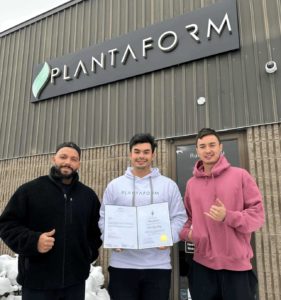
He became obsessed.
“He made [fogponics] his entire thesis,” reports Aguilar, who first met Kiwa while attending high school together in Dubai.
“When he was initially developing this project we were living in two different continents. But Kiwa knew I had an entrepreneurial background and I used to work in a startup which I co-founded—working on bacteria mutation for cannabis—and he reached out asking me if we could start a business with this technology.”
With Canada importing 90% of its leafy greens from Mexico and the U.S.—and the UAE importing some 98% of its leafy greens from neighboring countries—it seemed like a revolutionary technology for an underreported problem.
And it all comes back to a simple idea:
The Nespresso machine.
The product: Understanding Plantaform
Plantaform is an indoor gardening system similar to a Nespresso machine. With a touch, you can grow up to 15 different varieties of plants—the same way you might brew a single cup of coffee.
Plantaform works by inserting capsules into the system, adding some water, and then clicking a button. The plants can be ready to harvest as soon as four weeks later. What’s revolutionary here is “fogponics,” the new technology pioneered by NASA.
This has become the most water-efficient technology in the world—using a suspension of nutrient-laden water to deliver the oxygen and nourishment each plant needs at a root level.
The concept is similar to aeroponics, except instead of using mist action to deliver these nutrients, the sustenance is delivered through a steady fog.
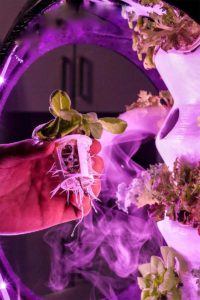
“I found the concept fascinating,” says Aguilar of the early prototypes for Plantaform. “I never saw a product like it. It looked very futuristic.”
Plantaform now offers a variety of plant pods. Herbs. Basil. Mint. Leafy greens and edible flowers. This diversity gives Plantaform’s users fresh, organic produce year-round, complementing their home gardens and reducing food waste.
“Food waste is a major issue,” Alberto explains. “We aim to minimize this by allowing people to grow what they need and avoid the common problem of produce spoiling before it’s used.”
With a revolutionary way of growing greens indoors and a prototype in hand, they decided to start Plantaform. By October 2019, they spent every day doing research on the problem of unsustainable or inefficient plant cultivation.
“We saw a huge problem that we could address with this product,” says Aguilar. “And that problem was sustainability.”
Understanding international business through the carbon footprint lens
Leafy greens are big business. With Canada importing 90% of its leafy greens and water-poor countries like the UAE relying even more heavily on imports, the transportation system is under increasing strain to deliver plants to the people who need them. This is a problem. Greens are being shipped internationally via carbon-intensive trucks. Fogponics could make leafy greens a cinch to cultivate at home.
According to Aguilar, self-sustainability was one of the key reasons for Plantaform. But shipping their product across borders proved to be an unexpected obstacle.

“We’ve faced a lot of challenges when exporting an agritech product and consumables.”
Exporting produce—especially seeds—is complicated. “Seeds are a very delicate matter when exporting. And so our first export was actually to the U.S.—and that device did not make it through the border.”
The problem? Regulatory load. Plantaform did not have its phytosanitary certification, which meant the products were sent back. And when the products were returned, they didn’t arrive in great condition.
“I’m telling you,” says Aguilar, “It was destroyed.” Customs had reportedly opened the box and turned the device upside down, resulting in scratches everywhere and a device that was no longer salvageable.
The U.S. wasn’t the only problem. Plantaform experienced the same problem on a shipment to Italy, having sent a custom device to a new investor and partner, Formula One driver Yuki Tsunoda. The product was bounced back at the border. The issue? Once again: certifications.
If Plantaform was going to succeed, it needed to start creating an export plan—and dealing with the certification processes.
Certifiable: Blazing Plantaform’s path through international trade
Aguilar and the other co-founders knew that the key to getting Plantaform’s products to their international customers was to obtain the proper certifications. And they’ve found some strategies that have worked:
- Shipping in bulk. Plantaform knows that if its company is going to succeed, it’s going to have to achieve scale. And while one or two machines might have gotten across borders at the prototype stage, larger orders are more likely to raise red flags. “One of the ways that we’ve addressed this challenge has been shipping [products] in bulk,” reports Aguilar. This makes it easier to obtain one phytosanitary certification for each batch. According to Aguilar, that strategy is currently in place for Plantaform’s U.S. expansion.
- Developing an international presence. Plantaform has also expanded its global footprint. They recently registered a new corporation in Florida and are shipping “loads” of new inventory to a 3PL warehouse in Vermont. Once the products are in Vermont, it’s much easier to ship locally within the U.S. without concerns over any new certification issues.
- Add-your-own-seeds. The original device came with its own seeds, which made it more convenient. This was essential since the Plantaform systems are capable of adapting their cultivar conditions to each seed. But now Plantaform is experimenting with an add-your-own-seeds approach. The device can use machine learning (ML) to learn what’s growing, adapt to its needs, and adjust the cultivar conditions independently. It’s still a hands-off approach for the consumer. And since this system doesn’t require specific seeds to ship with the devices, there will be fewer shipping rules to worry about.
- Training. When Plantaform started, they weren’t aware of FITT, which offers training for handling the difficult logistics of dealing with customs. Aguilar has dubbed their learning process one of “trial and error,” with continuous adaptations as they learn the risks inherent in global trade. They’re also being proactive with how they learn, taking advantage of the Feasibility of International Trade course and the Creating an Export Plan course to be more systematic and avoid costly pitfalls
It’s been a long process of learning and adaptation for Plantaform. The company has learned that compelling technology isn’t always enough to make business success happen at scale. But thanks to these innovations, the future for fogponics is looking clear.
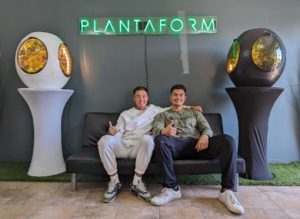
It’s a global market, and Plantaform’s seven-person team based in Gatineau, Quebec, has big ambitions. Plantaform manufactures its product in a factory in Montreal, so it’s fully Canadian and Quebec-made.
It’s a point of pride for the team—but it has led to some challenges. One of the appeals of creating a fogponic system for growing greens at home is that it can separate plant lovers from an intensive global supply chain. But to extend its reach to those customers—including those who need it the most—Plantaform has had to embrace a new challenge. They have to learn how to extend products and services to a global market.
Helping the world deal with the sustainability crisis
Pick up a piece of fruit at the store. The sticker likely won’t read “locally grown.” In fact, chances are good that the fruit came from another side of the planet.
reports Aguilar.“Every piece of produce that you buy in the supermarket has traveled an average of 2,400 kilometers just to get to your door,”
And that’s a major problem. It’s hard to get serious about environmental concerns like carbon dioxide removal when something as simple as purchasing an orange at the store may require ridiculous amounts of carbon just to make the logistics work. With geopolitical concerns weighing on the feasibility of international trade in the long term, the world is in dire need of sustainable solutions for cultivating fresh produce.
Plantaform’s goal is to make at-home produce more convenient and accessible—like starting up a Nespresso pod. For starters, growing produce at home reduces greenhouse gas emissions. Rather than relying on an extensive trade network that brings produce from one area of the world to another, people can enjoy fresh, organic produce year-round. If users are growing their greens at home, there’s also less food waste.
The idea is simple: put more control in the consumer’s hands. “We can try to buy organic products,” says Aguilar, “but how do we know if it’s truly organic? How many hands have touched it? I would challenge anyone to buy a bunch of cilantro or basil from the store, put it in water, and shake it up a bit. You’ll be amazed at all of the dirt that comes out of it—not to mention the microbes and chemicals from pesticides that you can’t see. That’s all stuff that you put in your body.”
It’s a sad truth about our modern agriculture. And while pesticide residue or dirt might not kill the consumer overnight, it’s certainly not helping. The industrial practices that lead to this kind of cultivation can lead to soil degradation at mass scales.
With Fogponics, there’s no need for cultivating soil, and there’s no need to continue to buy produce from companies who aren’t committed to a sustainable future.
Funding the products that change how we live—that just might stand a chance.
And all that R&D that goes into developing and improving their technology goes to good use, whether it makes it into their final products or not.
“Every Wednesday, we donate all the produce from our R&D lab to two incredible local organizations, the CRC Rideau-Rockcliffe CRC and Ottawa Good Food Box, both of which are fighting to make a difference in our community. At Plantaform, we’ve committed to donating hundreds of pounds of freshly harvested produce every year,” explains Alberto.
Finding inspiration in new technology—and new solutions
Planting greens in your own home is a small-scale solution. But Plantaform’s ambitions are at scale.
Aguilar points to a company he admires, Bowery and Aerofarms, as inspiration. “They’re incredible,” says Aguilar. “They’re in every corner of the world.”
As one of the largest vertical farming companies in the world, Bowery has a global presence that Plantaform would love to emulate. Aerofarms has partnered with companies like Emirates Airlines, growing produce for the airline’s flights straight from Aerofarms produce. Aguilar mentions that the goal isn’t to feed a thousand. The idea is to give people such at-home growing capabilities that Plantaform’s indoor gardens eventually feed millions of people.
Changing the world one plant at a time: People are beginning to notice
If you’ve seen Plantaform before, it may have been from Startup Canada. This national, grassroots organization aims to empower entrepreneurs across the country—providing resources like mentorship and networking opportunities to companies with great ideas who might not have the resources to grow themselves.
Plantaform pitched during the Startup Global program in 2022, performing extremely well—and even making it to the finale. Aguilar reports that Startup Canada has been following the Plantaform journey ever since. In fact, Startup Canada reached out to Plantaform and asked them to be part of a panel to help support other entrepreneurs in the agritech field as part of a Sustainability Industry Advisor Circle.

Plantaform has already received considerable attention for its product. It was featured as “Startup of the Year” by Faces Magazine, won the 2023 “Next Big Thing” award at the Best of Ottawa Business Awards, and “Tech Smallbiz of the Year” by Zenbooks. It earned the aforementioned semi-finalist status at Startup Global and additionally won “Ottawa’s Green Initiative of the Year” from Faces Magazine.
Plantaform’s journey from a university thesis to a global player in indoor gardening shows just how much is changing around the world. Innovation, adaptability, and understanding international markets are going to be more important than ever as the 21st century unfolds. With a clear vision for the future and a commitment to sustainability, Plantaform is poised to make a lasting impact on how we grow and consume our food.


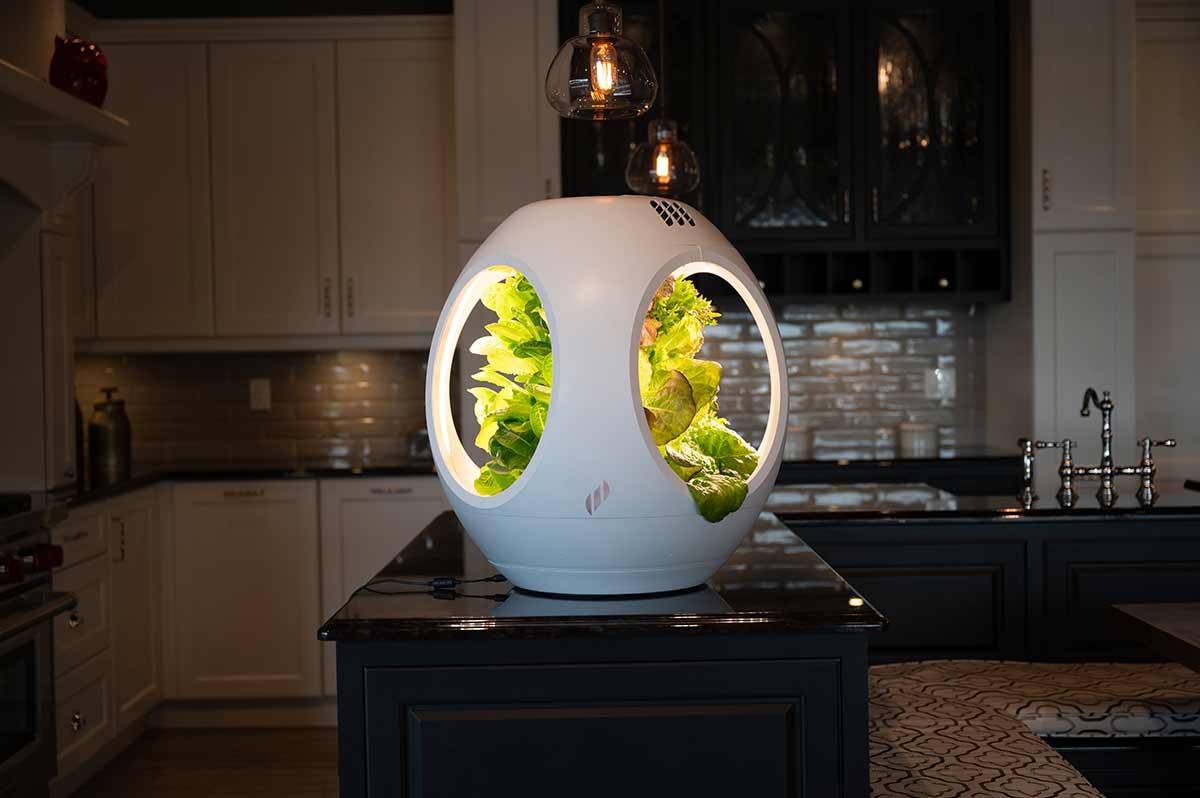

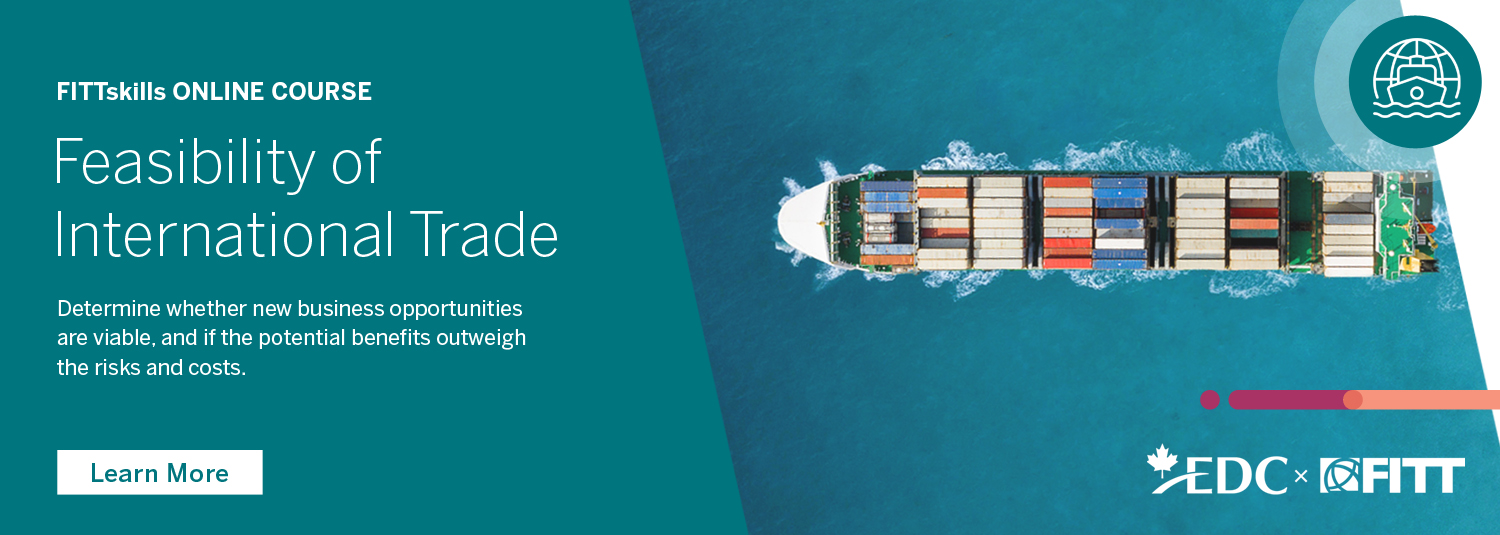




This whole thing sounds brilliant. However, we’d also like to know the costs and cons.